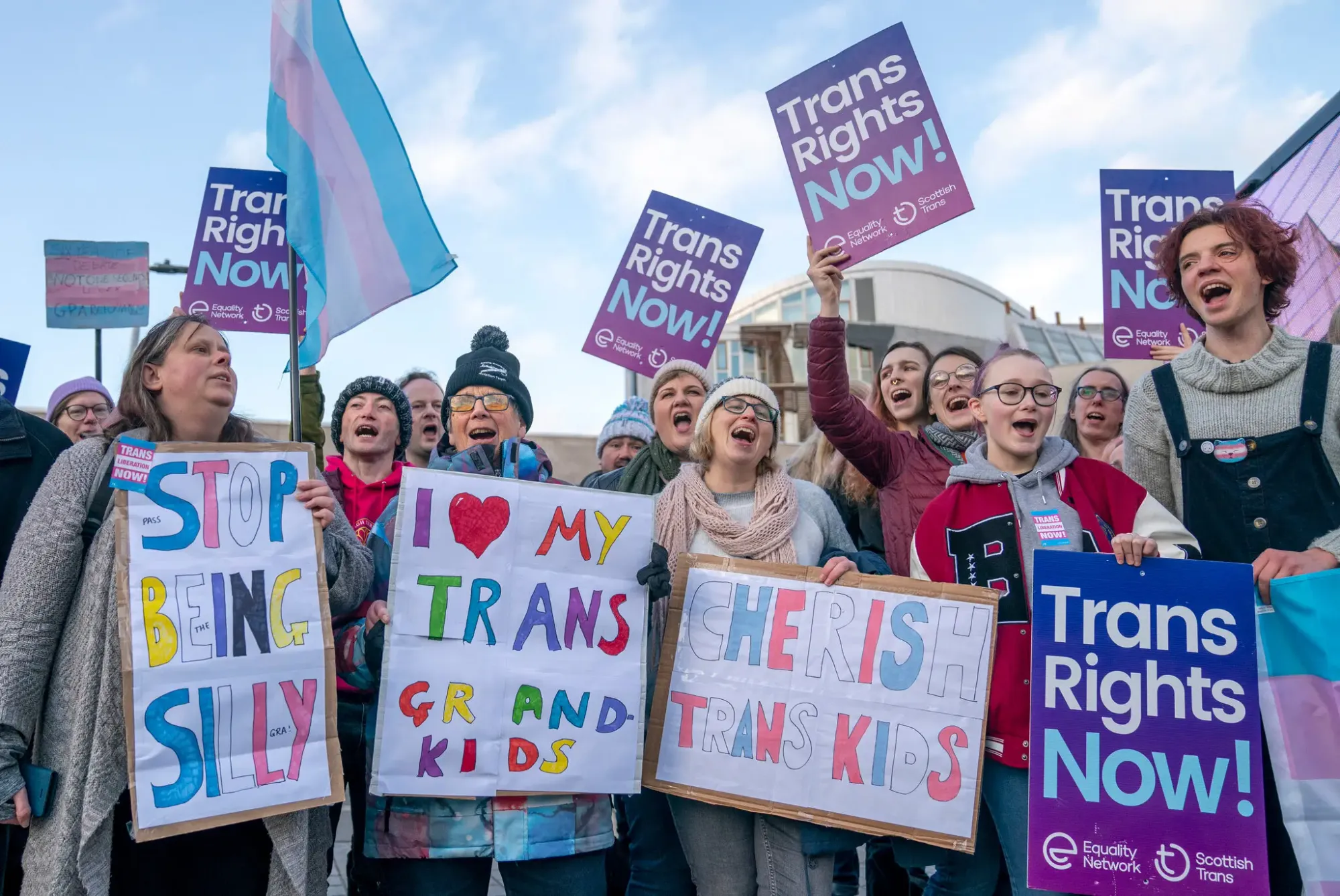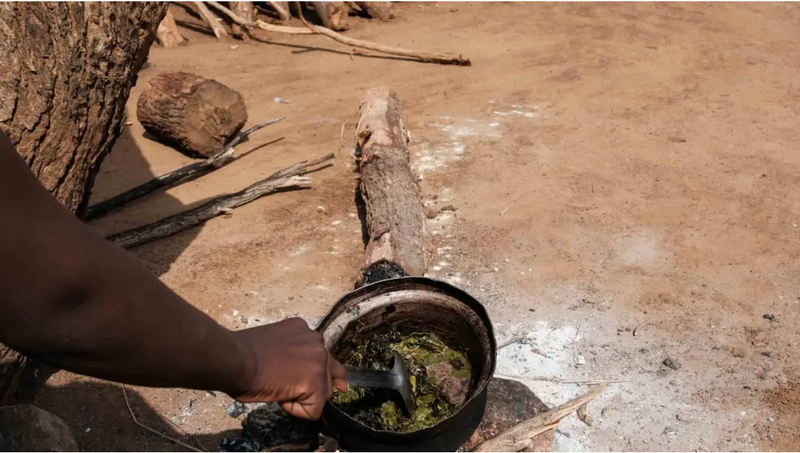UK Blocks Scottish Gender Recognition Bill
On Monday, UK Prime Minister Rishi Sunak's government blocked the Gender Recognition Reform Bill passed by the Scottish parliament last month — the first time the UK has invoked the power to veto a Scottish law.

Facts
- On Monday, UK Prime Minister Rishi Sunak's government blocked the Gender Recognition Reform Bill passed by the Scottish parliament last month — the first time the UK has invoked the power to veto a Scottish law.
- The UK government invoked Section 35 of the Scotland Act 1998 to stop the Scottish bill from becoming law, saying the bill "would have an adverse impact on the operation of Great Britain-wide equalities legislation."
- The bill allowed transgender people in Scotland to self-declare as a different gender from the one they were assigned at birth. It also removed the need for a medical diagnosis of gender dysphoria.
- The legislation also cut the time required to live in one's chosen gender before being able to change it officially from two years to six months. The age limit for official gender change has also been lowered from 18 to 16.
- Under the constitutional framework that details how Scotland is governed, the UK government had four weeks to review the legislation and stop it from receiving Royal Assent [the final step required for a parliamentary bill to become law].
- Scotland's First Minister Nicola Sturgeon has denounced the unprecedented veto, adding that the Scottish government will defend the legislation.
Sources: BBC News, Guardian, CNN, Herald Scotland, and Sky News.
Narratives
- Establishment-critical narrative, as provided by BBC News. This veto is an attack on Scottish democracy and indicates contempt for progress. After years of public prejudice against transgender people, things began to move forward in Scotland. However, Rishi Sunak's decision could erase all of those gains and will negatively impact an already marginalized and vulnerable community. This is a dark day for trans rights and a dark day for democracy in the UK.
- Pro-establishment narrative, as provided by The New Statesmen. The so-called reforms in this bill seriously threaten women's rights and children's safety in Scotland as well as in the UK. By stripping all requirements to change one's gender, the Scottish legislature was making women vulnerable in female-only spaces. The veto has been painted as an unprecedented constitutional crisis, but the truth is that different gender recognition policies in the UK cannot coexist.






